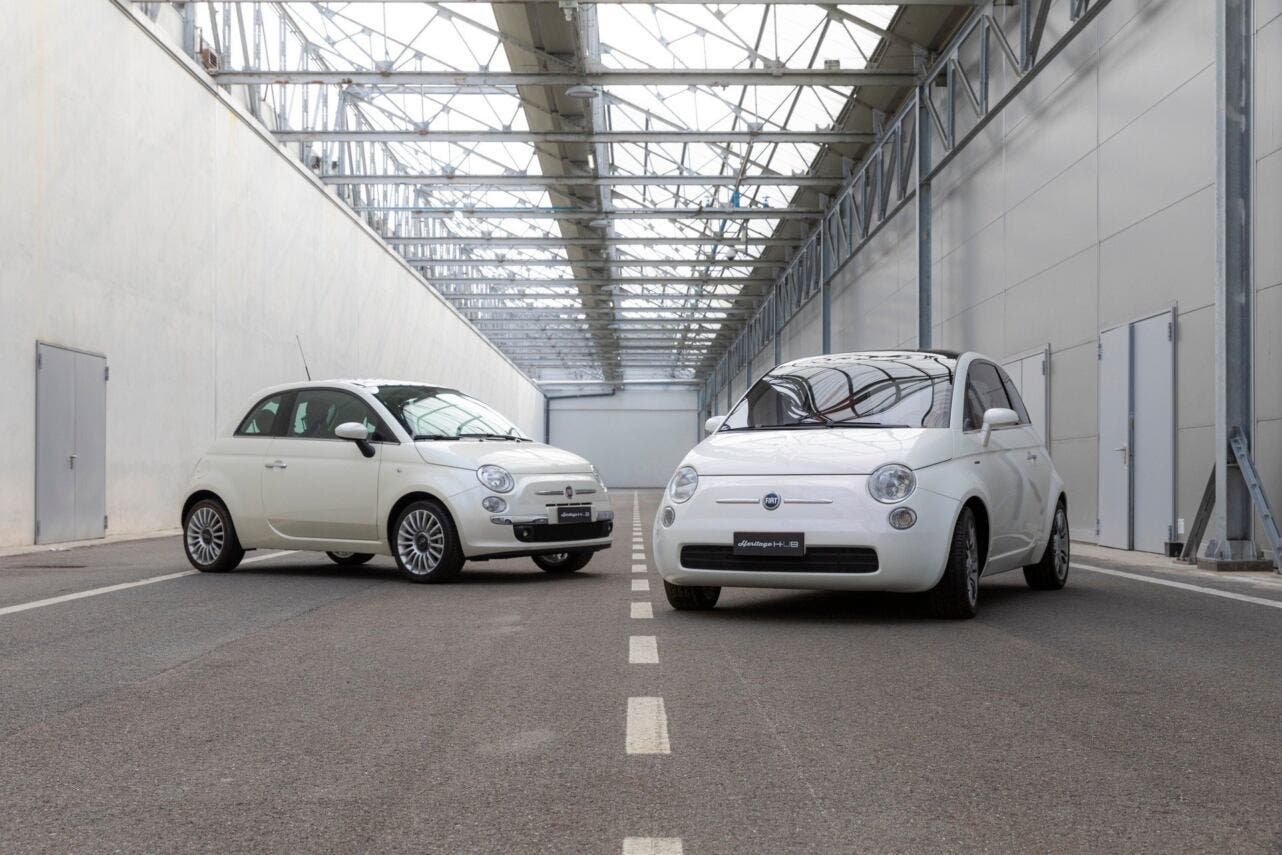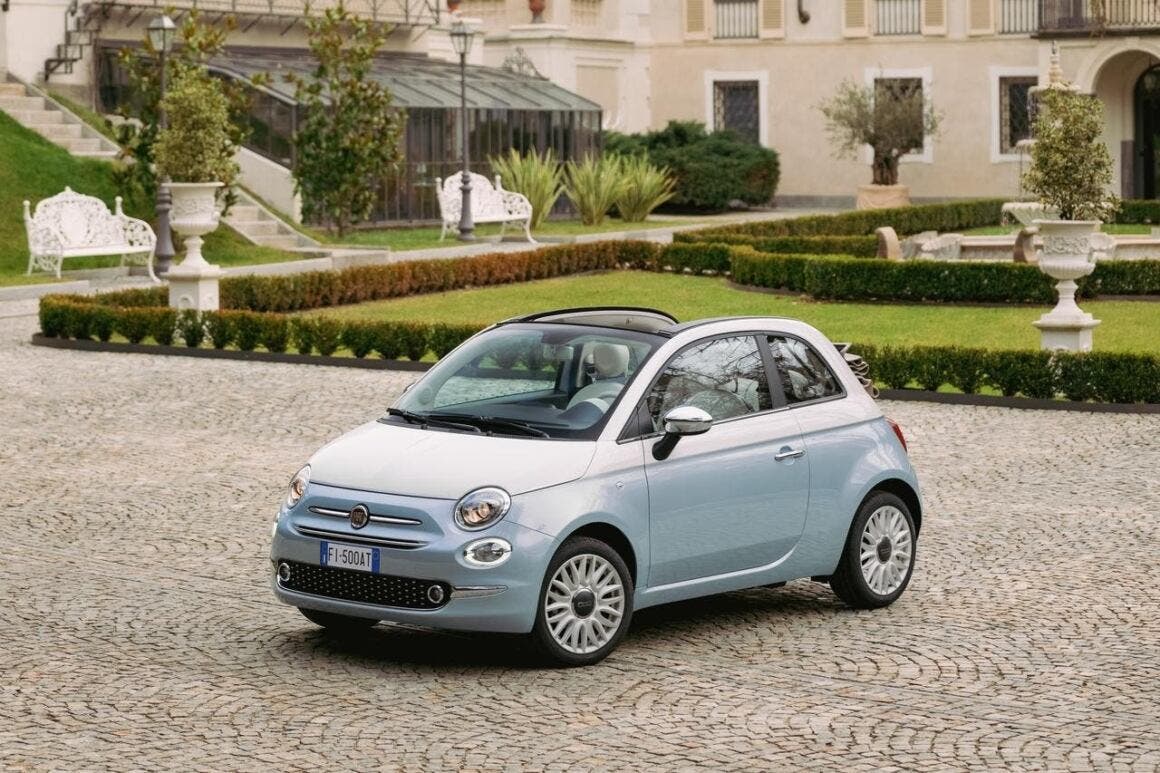What will be the future of the Fiat 500 with an internal combustion engine? The small Italian city car seems to be facing a decision that could radically change it in any case. This is due to the new European standard safety regulations, which require all cars produced from July 6, 2024 onwards to be equipped with specific technologies, which the Fiat 500 with an internal combustion engine does not have.
The future of the Fiat 500 with an internal combustion engine is uncertain due to new European regulations

The first option, the riskiest and one that Stellantis is not considering at all, is to definitively remove the 500 from the price list. This would mean opting exclusively for the electric 500, but this could still risk losing thousands of customers and therefore a good slice of the market. The problem is that the battery-powered city car is not very successful, as evidenced by the fact that the Stellantis plant in Mirafiori is still on short-time work precisely because of the poor sales of the 500e and Maserati. The electric 500 sells well in France, as well as in Germany, but in Italy and U.S. the numbers are sharply declining, consequently there is a risk of further reducing the workload of the workers.
The second option involves updating the internal combustion engine Fiat 500 to comply with European regulations, which is the most logical idea at the moment. A portion of the investment would be allocated to improving the city car, adapting it to the new regulations and ensuring that it can continue to circulate on European roads. At the moment, this is the most logical and at the same time the simplest hypothesis. This is a strategy already seen with the Panda, following the presentation of the Pandina a few weeks ago, which is more technological and equipped with all the ADAS required by the regulations.
The third and final option is to produce a BEV 500 at Mirafiori, but with an internal combustion engine. Although there is no official confirmation of this yet, Tavares has announced a €100 million investment in the new electric 500, which will involve updating it with a view to cost reduction, and perhaps a hybrid version. Among other things, July 4th will be the anniversary of the Fiat 500, and who knows if that occasion will not be a good opportunity for an announcement. The problem with making the electric version internal combustion is, on the one hand, adapting the production line, although this should not be a problem, and on the other hand, the time, as a new “BEV thermal” 500 would not be launched on the market before 2026. These seem to be the three most credible hypotheses and we await news on the matter, hoping that it will arrive in the coming weeks.

